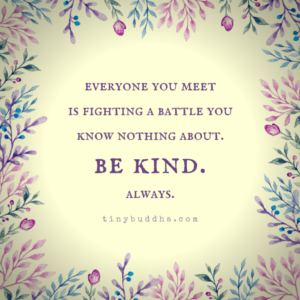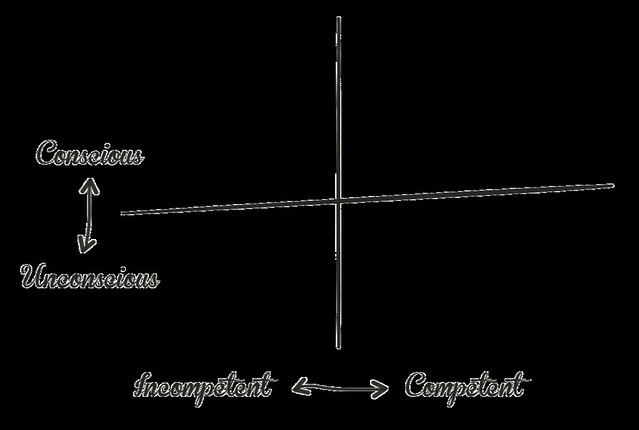Adding small doses of daily kindness to GCC and the world in general is a dream of mine. I’d like to offer some explicit, easy, painless examples of how we can all increase kindness on a daily basis. Imagine how a collective effort of small actions could impact our lives. Gratitude and kindness are powerful ideas. See if you can incorporate one of the following suggestions into your super-busy daily schedule and notice the win-win feeling.
- While walking on campus, make a daily effort to notice on a pleasant sight. Examples: “Wow, that display in the student union is amazing.” Or “The roses are beautiful.” Usually, we might just think this thought and forget it. Take it a step further and send a quick email to recognize someone’s hard work. Email the department or individual responsible. The key is to be mindful and have an intention to recognize the positive.
- Acknowledge the success of others. Congratulate a faculty member or student who has succeed. Acknowledgments don’t have to be mushy compliments. Just recognizing the effort or outcome is enough.
- Even a semi-specific question to spark a quick dialogue conveys kindness and caring. Ask someone while you’re waiting in line for coffee or lunch “So how’s your semester going?” You might be surprised at the amount of enthusiasm that is returned to your inquiry.
Try to find opportunities to be kind to yourself and others. It’s easy to walk around campus on auto-pilot. Experience the present moment. See if you notice anything that brings a split second of joy.









